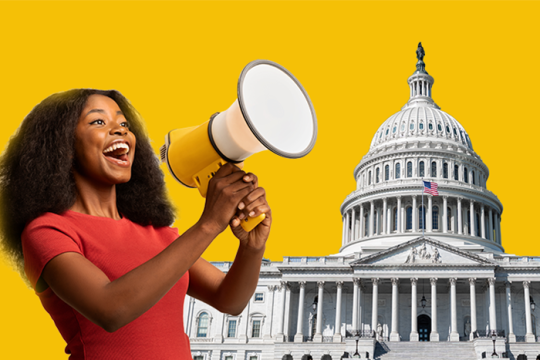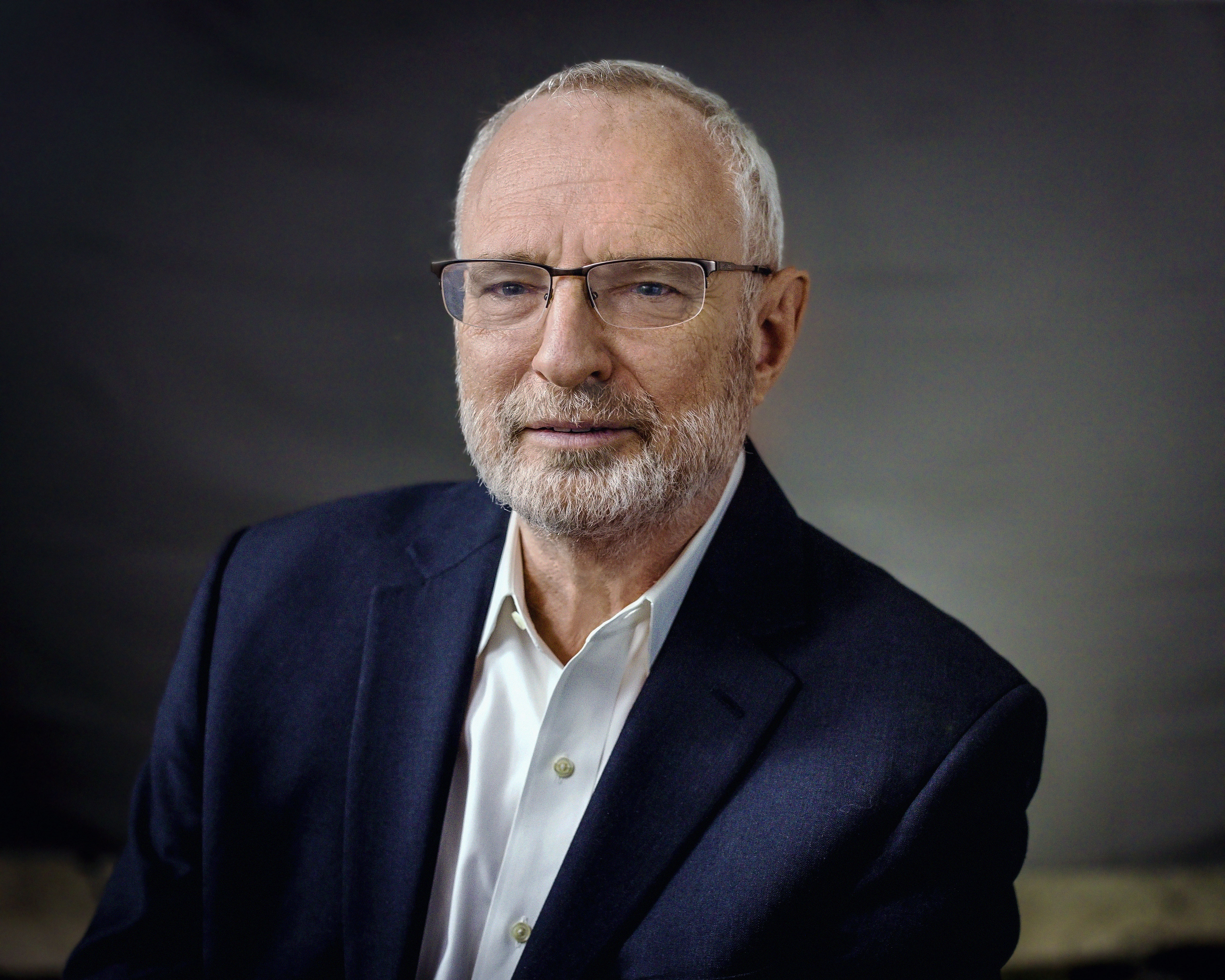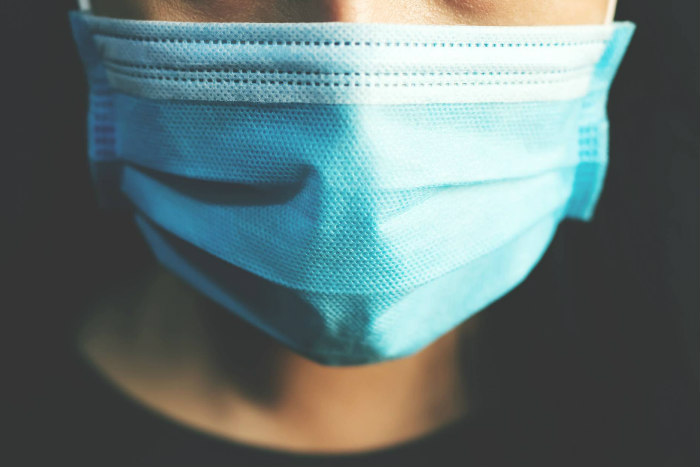
The following address was presented to the G20 Interfaith Forum Virtual Conference on Oct. 14, 2020.
Let me begin with some brief perspectives from Jewish history and Jewish law. The historical perspective first: Too often throughout history, in the face of the terror, grief, and disruption caused by pandemics and epidemics, those seeking to explain why such a catastrophe has befallen their families and communities, to understand causes, to blame someone or something – these populations have targeted minority communities as the source of the illness and suffering, despite the minority communities being ravaged as intensely as the surrounding populations.
Often, Jewish communities were blamed and targeted when they were found in affected regions: persecutions, mob attacks, pogroms, and ethnic cleansing were too often the result. All too rarely did others arise to protect us. So, as we see today minorities disproportionately the victims of the disease; as we see political upheavals, communal fears, societal tensions and strife; an increase in hate speech and hate crimes, it resonates deeply with us – and I hope will call on the enormous potential of the interfaith communities to work together to address this crisis in so many ways. This gathering is an important step in that direction.
In addressing epidemics, there are a number of provisions of Jewish law directly relevant to challenges we face today.
First, the reverence for human life underlies a key provision in Jewish law that says that any other rule or any other law may be put aside (). The only exceptions being you cannot murder another, commit idolatry or engage in a sexual crime in order to save a life, but otherwise any law not only can but must be suspended to preserve a human life – your own or the lives of other innocents – and that would include laws related to ritual observance.
Secondly, going back nearly two thousand years, health care was a major priority for every Jewish community – a community responsibility. Maimonides, the great medieval scholar, observed that the measure of a community worthy to have a great scholar living in their midst was the provision of health care to the community. Indeed, some of the greatest rabbis of history – including Maimonides – were renowned physicians.
Third, in classic legal texts, there were references to epidemics and special provisions to ensure that there was access to health care, as well as special prohibitions against raising the price for medicines at times of epidemics. These were enacted to ensure that during an epidemic, all could afford medicines necessary.
The spirit of these rules speaks across the centuries to us today.
As you have heard from my colleagues, in this COVID-19 crisis, once again religious communities are playing a pivotal role in so many ways. In many areas of the world, in both developed and, even more, in developing countries, religious communities are often a key player in providing on the ground health care. They can be a vital source of reliable health care information and effective parties in defusing false rumors, conspiracy theories, and misunderstandings about effective preventive measures; about access to health care and medicines; about reliability of proven treatments. They can play a vital role in exactly such efforts as vaccines become available. And at a time when hundreds of millions worldwide have lost jobs, been put on furloughs, and/or faced pay cuts, the social service arms of the religious communities are needed more than ever, yet are so overwhelmed that partnerships with governmental structures to provide the resources religious agencies need are vital.
It is no wonder that so many major international medical care and relief groups have expanded their efforts to work cooperatively with religious communities. The World Health Organization, UNICEF, the World Bank, UNHCR, and religious health providers such as Islamic Relief and Catholic Relief Services all have strengthened or expanded their cooperative efforts with religious communities. Conversely, many major religious faith group and major interfaith groups have reached out locally, within countries, and globally to cooperate with healthcare providers. Georgetown University’s Berkeley Center for Religion, Peace and World Affairs, for their daily bulletin on religion and COVID-19, has published a helpful list that just scratches the service: the Vatican, Religions for Peace, KACID, Ahimsa Foundation, American Jewish World Service, and on and on.
And of course, my own life’s work running the public policy advocacy arm of the Reform Jewish Movement in the US, the largest segment of the American Jewish community, has allowed me to see vividly that within the US and – through my international work – across the globe, so many major denominations and faith groups are advocating for universal care in addressing the pandemic, and especially ensuring that minorities (which in Europe and North America, especially involves People of Color – both within countries and on a global level issues of racism must be addressed) and, everywhere, Indigenous, aboriginal communities have too often fallen through the cracks. All of these groups so disproportionately afflicted and so underserved medically.
Let me lift up one other key area: Ensuring women are not left out of our efforts to address the pandemic and plan for the recovery as it eases. So many aspects of this pandemic need to be seen through a gender lens:
- The devastating impact on women who so disproportionately serve in front line jobs, too often exposed with inadequate or no protection
- The disproportionate role of women as caregivers in medical and nursing home settings, as well as in their own homes
- The increase in domestic violence
- The disproportionately high number of girls being forced out of school
- The number of those being forced out of school who are then being forced by the economic desperation of their families into child labor or child marriages
- The need – as we address the pandemic and the recovery after – to ensure that our economic policies, recovery investments, and social capital investments are made in such a way as to ensure that women are fully included (which is so strongly associated with community stability and economic improvements)
A final note: As Elder Bednar so eloquently discussed, one area of particular societal stress has arisen as governments try to balance out religious freedom – including coming together for worship and rituals – against the need to control group gatherings in order to staunch the pandemic. Any regulations should respect how essential the religious needs of people are, not only in general, but precisely at such a time in which illness, deaths, stress, and despair are so prevalent. But saving lives must take precedent, and religious entities should be treated by the same health standards as other essential gatherings.
Looking at all the roles that religion can play, which have been discussed by my colleagues, remember this above all: Religious communities are distinctive in being both the most local and the most global way that people organize their lives, their identities, and their communities. It makes the religious community a unique ally in efforts that COVID-19 engenders. In successfully addressing this devastating pandemic, religious entities can – and I know with confidence will – play a vital role if government and civil society recognize and embrace religious communities as the key ally they can be. The G-20 can help make this potential a reality.
Related Posts
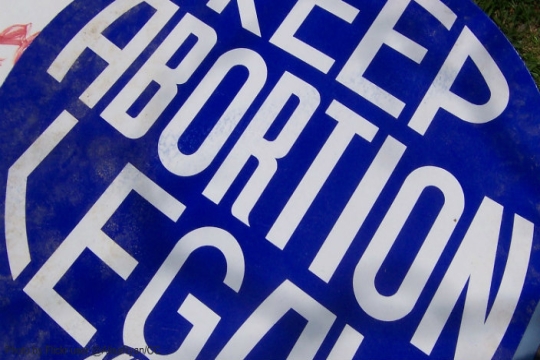
The Path Forward on Abortion Resource Guide
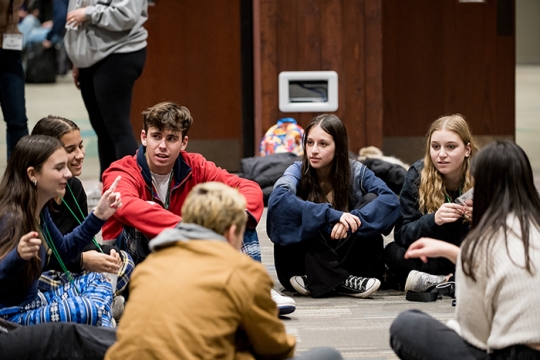
RAC Teen Justice Fellowship Empowers Teen Organizers
